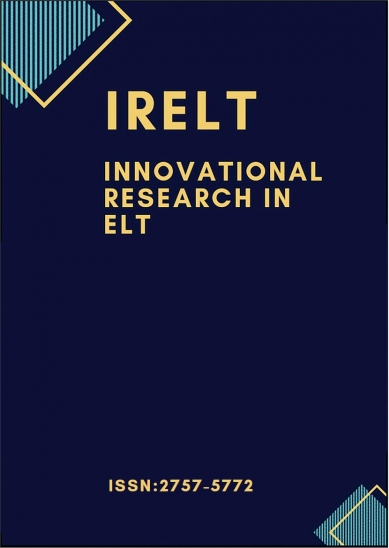
|
|
We are delighted to announce that International Let-In 2025 Conference will take place with both on-site and online presentation options, offering maximum flexibility for participants from around the globe.As an added academic benefit, selected articles presented at the conference will be published in the IRELT.Furthermore, we are pleased to inform you that participation and presentations at the International Let-In 2025 Conference meet the requirements for associate professorship applications, ensuring that your involvement will directly support your academic career progression.Don’t miss this opportunity to network with professionals, share your insights, and contribute to the growing body of ELT research.Stay tuned for further updates on the call for papers, submission guidelines, and conference registration details. We look forward to your participation!
For further information, please click on the link to visit the conference web page.https://letinrd.org/conferences/international-let-in-2025-conference |
Top Ranked Articles
| Proven or Promising? Global TELL Trends and Patterns in Foreign Language Education
Rümeysa Pektaş pp. 49-70 Volume 6, Issue 1 |
|
| Investigating the Needs of English for Academic Purposes (EAP) Learners
Esin Çiftçi-Birincibubar, Aysun Yavuz pp. 1-17 Volume 6, Issue 1 |
|
| From Freshman to Senior: Tracking Motivation in English Learning among ELT Students
Orhan Kocaman pp. 37-48 Volume 6, Issue 1 |
|
| Investigating In-Service EFL Teachers’ Awareness of Reflective Teaching Applications in Their Teaching Practices: Challenges and Benefits
Hilal Alten, Müge Karakaş pp. 30-36 Volume 6, Issue 1 |
|
| Inner Speech Experiences of Pre-service EFL Teachers During Courses and Teaching Practicum
Seher Kader, Erdi Şimşek pp. 18-29 Volume 6, Issue 1 |

